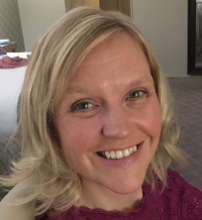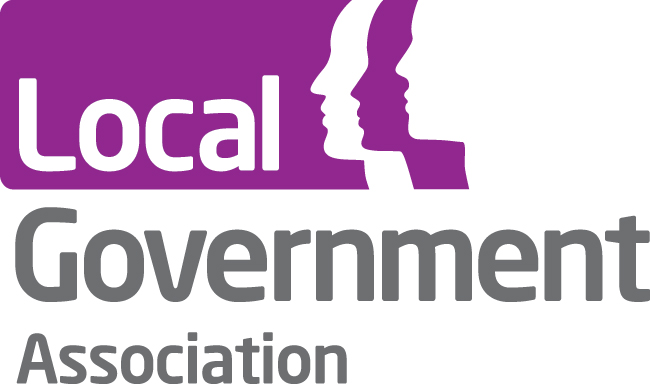Kayte completed the programme in 2017 after a six year career break.
Why did you leave social work?
I left social work a year after I first qualified in 2001 due to the complex number of cases I was allocated as a newly qualified social worker. I was expected to hit the floor running and there was not the support and protections in place as there is now. Since then, I have been working in the voluntary sector on projects commissioned by local authorities to provide specific packages of support to children referred by Children’s Social Care.
Why did you want to come back?
I came back to social work because I think I am now a different person to when I first qualified. I have gained so much relevant experience, skills and knowledge which I believe will now be an asset to being a good social worker. I have worked in a variety of settings with children and families from diverse backgrounds who have a range of issues, which has provided me with new skills and knowledge to use in social work.
How has the Return to Social Work programme benefitted you professionally?
The Return to Social Work (RTSW) programme provided opportunities for reflective supervision, coaching, action learning, and learning and development workshops on topics such as social work theory, reflective practice, values and anti-oppressive practice. It also provided me with the opportunity to complete a supervised placement, which has been invaluable for gaining an insight into current social work practice. This has all contributed immensely to updating my knowledge and awareness of current practice issues and legislation. It has also contributed towards evidencing the 30 days of continuous professional development required for re-registration.
Has the Return to Social Work programme benefitted you personally?
RTSW has been a fantastic opportunity for meeting likeminded professionals who have been a major source of support, information and networking. At the beginning of the course I was anxious about how I would fit into the group. I did not realise how little confidence I had in myself in being able to return to the profession. This programme has boosted my confidence, refreshed my knowledge, encouraged me to continue my own learning and believe in myself again.
What were the biggest challenges in completing the programme?
The biggest challenge was completing the critical reflection log, as it made me reflect on myself as a person from start to finish. It forced you to look at what level you see yourself at and what level you aspire to achieve, while looking at challenges and opportunities along the way. In the jobs I held before this programme I encouraged others to reflect, but I now recognise that I neglected to reflect myself.
What are your plans for the future?
I want to work in the Multi-Agency Safeguarding Hub (MASH), or in duty & assessment where I can gain an insight into the beginning of the process when a referral comes in. I’ve usually become involved once a plan is in place. I want to feel confident in assessing and managing risk, and to support others in ensuring children are protected and their best interests are prioritised. Eventually I would like to become a Practice Educator, as I thrive on developing others to become more confident in what they do. I want to be able to supervise, teach, and assess social worker students.
What would you say to a social worker who has left practice but is thinking about coming back?
You have nothing to lose. This programme re-opens your mind to learning and developing. You get great support from day one and you are encouraged to identify your skills, knowledge and experiences and understand how these can be put into practice. The support provided by the coaches and mentors is fantastic and the information shared within the workshops builds your confidence, which all contributes towards you being able to return back to the profession.


